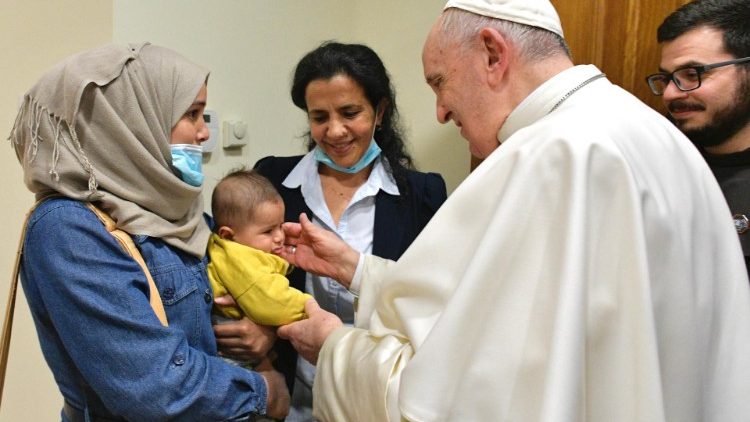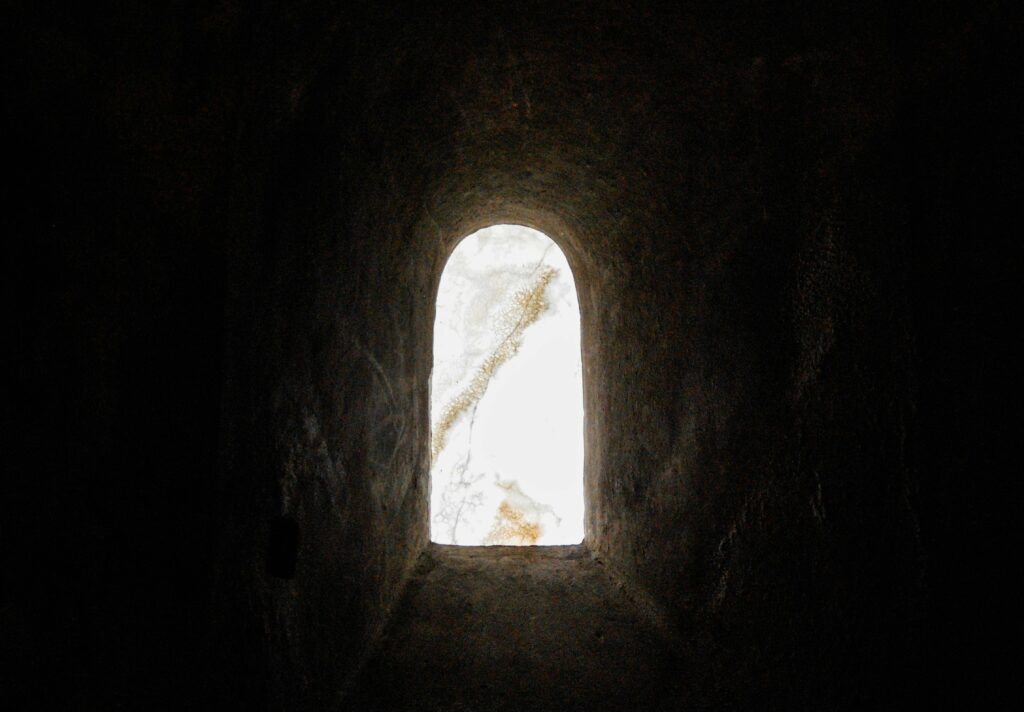Cardinal Arizmendi: We are all equal
Cardinal Felipe Arizmendi, bishop emeritus of San Cristóbal de Las Casas and head of the Doctrine of Faith at the Mexican Episcopal Conference (CEM), offers readers of Exaudi his weekly article entitled “We are all equal.” *** LOOK When I was a parish priest in San Andrés Cuexcontitlán (1967-70), a 100 percent indigenous Otomi community, […]

Cardinal Felipe Arizmendi, bishop emeritus of San Cristóbal de Las Casas and head of the Doctrine of Faith at the Mexican Episcopal Conference (CEM), offers readers of Exaudi his weekly article entitled “We are all equal.”
***
LOOK
When I was a parish priest in San Andrés Cuexcontitlán (1967-70), a 100 percent indigenous Otomi community, I saw with sadness and concern how, when they went to the neighboring town of Temoaya, the non-indigenous people despised and mistreated them, marginalized and exploited them, just for being poor and not speaking Spanish well. At that time, I was beginning to discover that there is another way of being a person, of being a family, of being a people, of being a believer, and I too was changing my attitudes toward them. What a great grace from God it was for me to begin living with indigenous people! That marked my life greatly.
In all times and in all cultures, those who have more power, money and education have always looked down on those who do not have them. In our macho environments, we men believe that we are worth more and know more than women; in some cases, it is the opposite. Those who have a better house, a better vehicle and more elegant clothes are considered to be worth more and look down on those who do not have them. This also happens between countries: many Europeans have looked down on us Latin Americans and even more so on Africans; but we Mexicans also do not look at Central and South American or Caribbean countries. Sin is everywhere.
In our churches, clergy of different ranks sometimes believe that we know and have much more power than lay people and religious women. This is clericalism. So much so that many of our collaborators do not speak or propose anything, except to execute the decisions of the parish priest or the bishop. As a cardinal, there are those who exalt me more than I should and tempt me to believe myself to be more than I am, when all of us, as persons and as baptized persons, are of equal worth.
DISCERN
The Second Vatican Council (1962-65), in its Constitution on the Church, categorically affirms something that many of us clerics have not yet fully accepted: “Even though some, by the will of Christ, have been constituted doctors, dispensers of the mysteries and pastors for others, there is genuine equality among all as regards dignity and the common action of all the faithful in order to build up the Body of Christ” (LG 32). That is to say: we are all equal. In what are we equal? In two things. First, in dignity. Yes; as Christians, the Pope or a cardinal are of equal worth, as a poor and illiterate baptized person. Through baptism, we are brothers, members of the Body of Christ. Secondly, we are equal in terms of the action common to all the faithful; that is, there are actions that are common to all believers, such as spreading the Word of God, sanctifying the family, school, politics, economics, sports, education, praying for oneself and for others, actively participating in liturgical celebrations, etc. We are a hierarchical and not a democratic Church, by the will of Jesus, and the hierarchy is responsible for some actions that are not common to the other faithful, such as presiding over the community and deciding in some cases, celebrating certain rites, discerning what is God’s revelation, but all this always with the collaboration of the other members of the community. The hierarchy is not the owner of the Church, but rather the servant of others, since together we form one body, one family, one community.
On April 2, the Dicastery for the Doctrine of the Faith, an organization that assists the Pope above all in doctrinal matters, issued the Declaration Dignitas Infinita on human dignity. From the outset, he reminds us that the Church is deeply convinced that faith cannot be separated from the defence of human dignity, evangelisation from the promotion of a dignified life and spirituality from the commitment to the dignity of all human beings. The dignity of all human beings goes beyond all external appearances or characteristics of the concrete life of people. We are faced with a universal truth, which we are all called to recognise as a fundamental condition for our societies to be truly just, peaceful, healthy and, ultimately, authentically human.
An infinite dignity, which is inalienably based on his or her very being, belongs to every human person, beyond all circumstances and in whatever state or situation he or she may find himself or herself in. This principle, fully recognizable even by reason alone, underlies the primacy of the human person and the protection of his or her rights. In the light of Revelation, the Church reaffirms and confirms absolutely this ontological dignity of the human person, created in the image and likeness of God and redeemed in Christ Jesus. From this truth she draws the reasons for her commitment to those who are weaker and less capable, always insisting on the primacy of the human person and the defense of his or her dignity beyond all circumstances.
Created by God and redeemed by Christ, every human being must be recognized and treated with respect and love, precisely because of his or her inalienable dignity. Only by recognizing the dignity of every human person can we revive among all a worldwide desire for brotherhood. According to Pope Francis, this source of human dignity and fraternity is in the Gospel of Jesus Christ, but it is also a conviction that human reason can reach through reflection and dialogue. That every human being has an inalienable dignity is a truth that responds to human nature beyond any cultural change. The human being has the same inviolable dignity at any time in history, and no one can feel authorized by circumstances to deny this conviction or not act accordingly.
This fundamental principle is repeated in a repetitive manner throughout the document. And on this basis, it addresses highly debated issues, such as the rights of the poor and migrants, homosexuals and the disabled, and others that I will discuss in future articles.
ACT
Value your dignity and that of others. You are worth a lot, even if you do not have much money or university degrees. Respect the dignity of others, even if their appearance disgusts or bothers you. We are all sons and daughters of God, created in his image and likeness, even if we sometimes blur that image!
Related

Francis’s Legacy: The Church, a Field Hospital
Isabel Durán Doussinague
23 April, 2025
2 min

The Challenges of the Next Pope and the Path of Grace
Javier Ferrer García
23 April, 2025
4 min

Easter for a Life of Hope
Mario J. Paredes
21 April, 2025
4 min

Munilla: ‘Chronic Adolescence’ or ‘Maturity in Christ’
Exaudi Staff
21 April, 2025
3 min
 (EN)
(EN)
 (ES)
(ES)
 (IT)
(IT)

